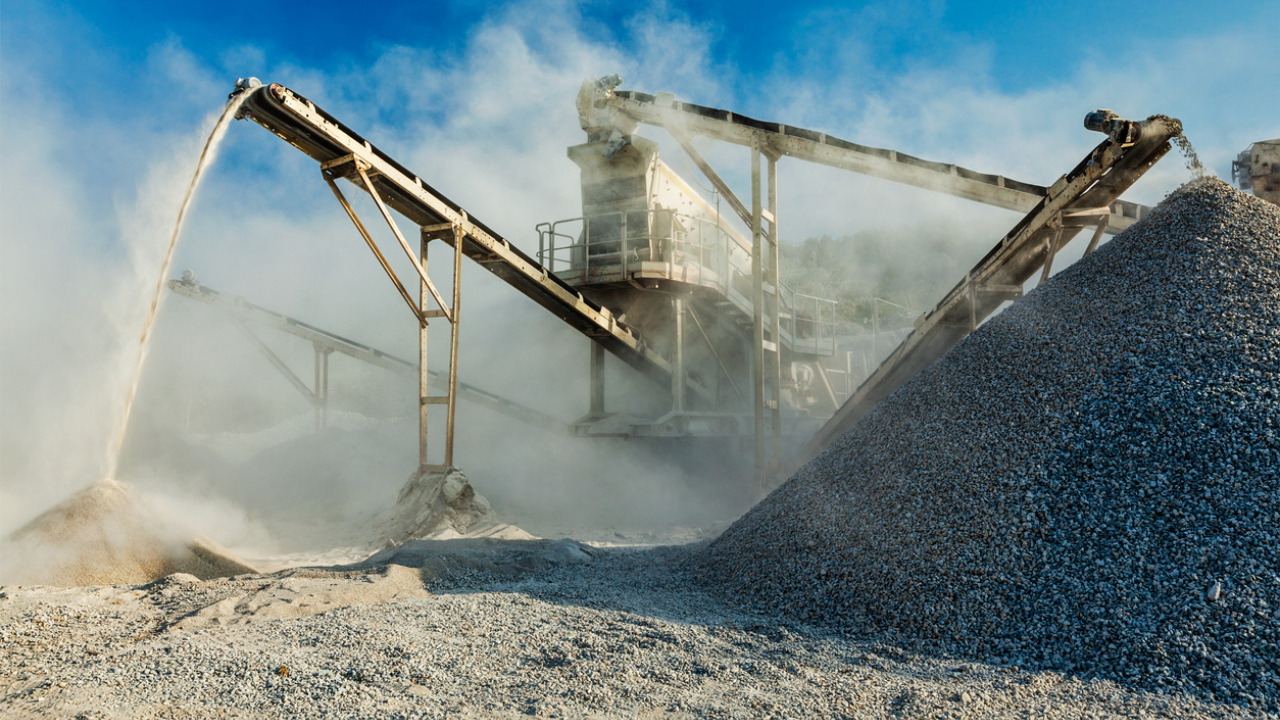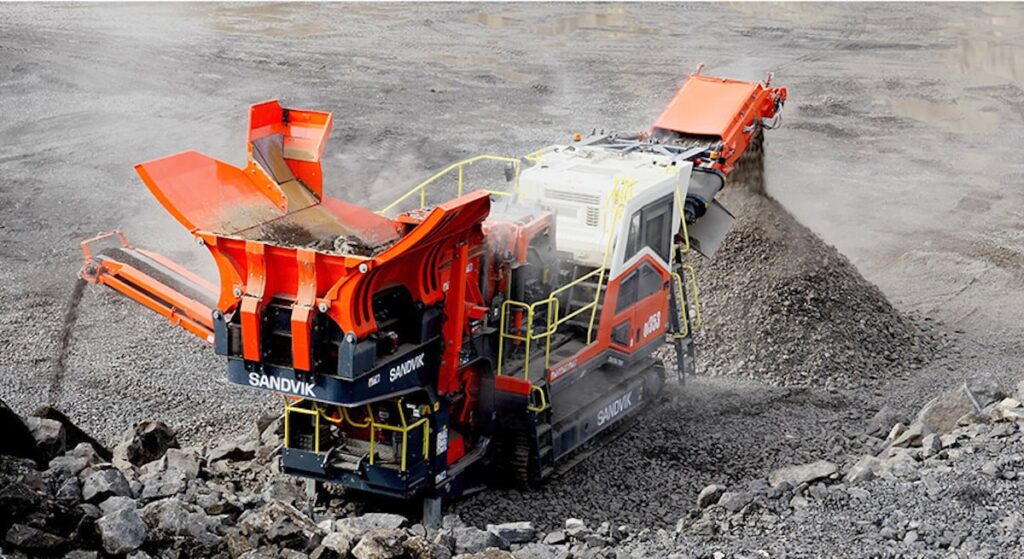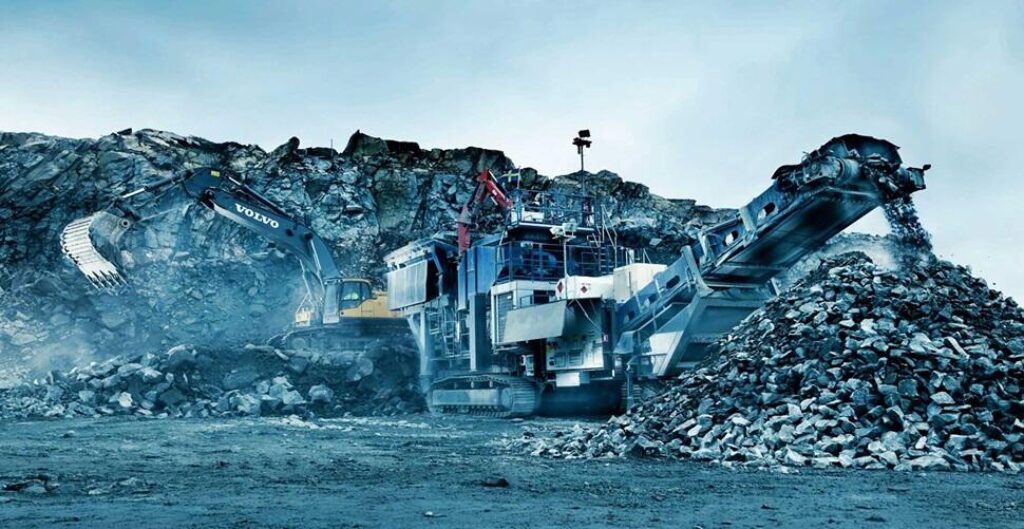
Stone crushers are vital equipment in various industries such as mining and construction. However, like any other mechanical machinery, they are not immune to functional issues. From wear and tear to improper use, these devices can face a myriad of problems that can impede their performance. In this article, we will delve into the 7 most common issues with stone crushers.
Table of Contents
High Rate of Wear and Tear

Source: promaninfi.com
One of the most common issues that a stone crusher encounters is an exceedingly high rate of wear and tear. Due to the nature of their work, which involves breaking down hard rock into smaller fragments, stone crushers experience substantial physical pressure. The most affected parts include the crusher liner and the jaws, which can greatly affect the machine’s output. Regular inspection and maintenance, including timely replacement of worn-out parts, can help prolong the machine’s lifespan and optimize its efficiency.
Dust Emission
Stone crushers, especially when used in mining and construction sites, emit significant dust. This dust not only reduces visibility and affects the health of the workers, but it can also lead to premature wear and tear of machine parts. Employing effective dust suppression methods like water sprays and dust collectors can reduce dust emissions significantly, enhancing worker safety and machine longevity.
Inconsistent Size of Crushed Stones
Another prevalent issue with stone crushers is the inconsistent size of the crushed stones. This inconsistency often arises from the uneven feeding of stones into the crusher. For projects where specific stone sizes are required, this inconsistency could be problematic. To address this issue, users must ensure that stones are evenly fed into the machine. A feeder or screening equipment could help achieve this.
Blockages

Source: home.sandvik
Blockages pose a significant issue with stone crushers. These typically occur when the crusher is fed with too large stones or when the machine is running at a lower-than-optimal speed. When blockages happen, they can cause a myriad of problems ranging from decreased production efficiency to potential damage to the machine. Clearing blockages should be done carefully to avoid injury, and machines should be operated within their specified limits to prevent this issue.
Inadequate Lubrication
The grinding and crushing process in stone crushers results in substantial friction, necessitating frequent and adequate lubrication. Failure to adequately lubricate the machine’s moving parts can result in increased wear and tear and a reduced lifespan for these parts. Regular checks and proper lubrication can avert this issue and maintain the machine’s optimal functionality.
Motor Failure

Source: volvopenta.com
Motor failure is another common issue that stone crushers encounter. Motors could fail due to overloading, electrical faults, or mechanical issues. When the motor fails, it can halt operations, leading to productivity losses. It is vital to have regular electrical maintenance checks to identify and fix potential issues before they escalate into motor failure.
Final Thoughts
While stone crushers are indispensable in many industries, they can also face several operational issues. These issues, including a high rate of wear and tear, dust emission, inconsistent size of crushed stones, blockages, inadequate lubrication, and motor failure, can affect their efficiency and longevity. With regular inspection, maintenance, and proper use, the lifespan of these machines can be prolonged, and their efficiency maintained. As the adage goes, “Prevention is better than cure,” and this certainly holds in the context of maintaining and operating stone crushers.







